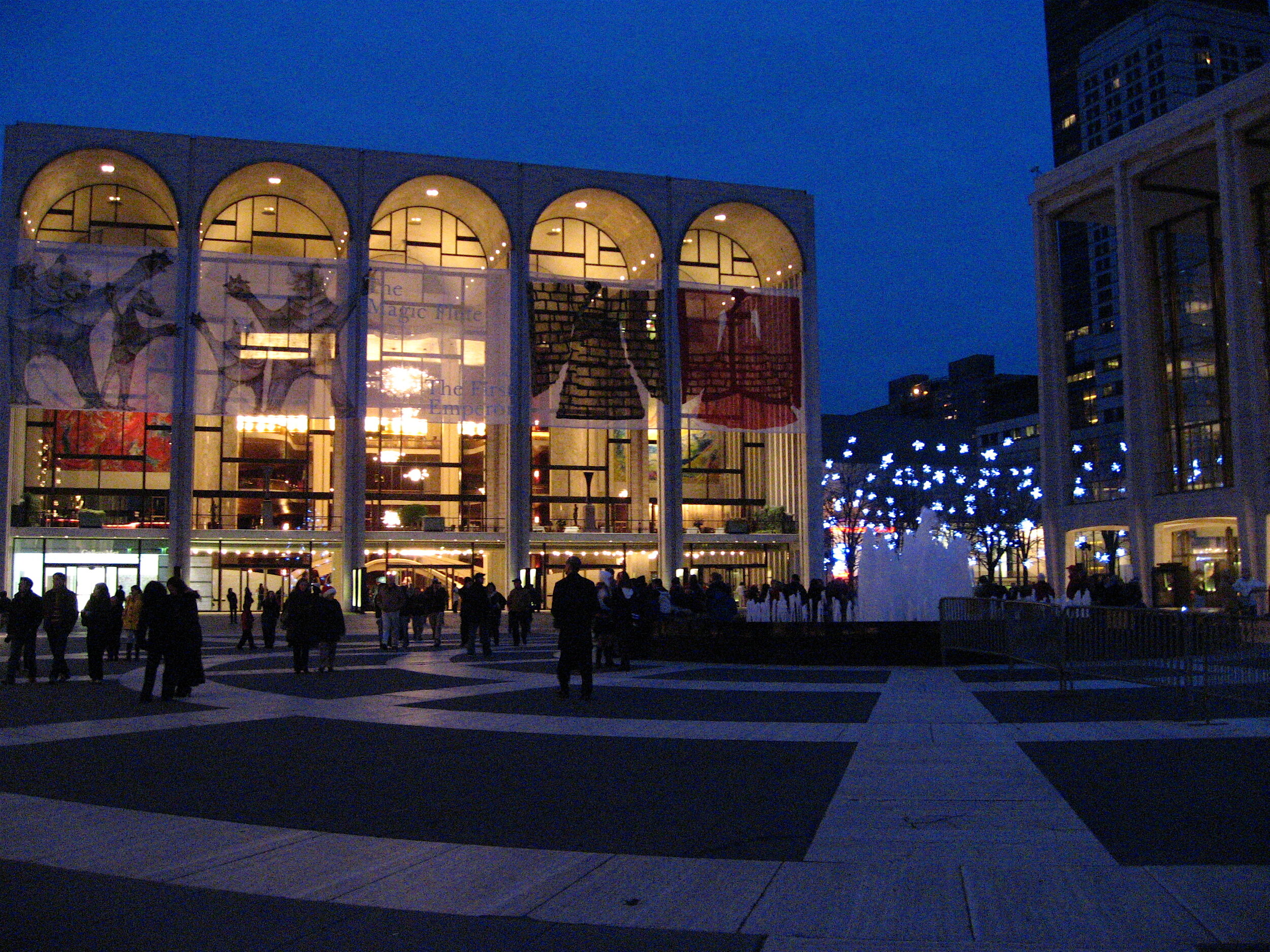
Advocate
Jessica completed her Executive MBA in Arts Innovation from the Global Leaders Institute in 2023. She holds certificates from Harvard Law School’s Program on Negotiation in Negotiation and Leadership, NYU’s School of Professional Studies in Nonprofit Arts Management, and Cornell University in Labor Relations. She was a member of the 2022 cohort of The League of American Orchestra’s program on Essentials of Orchestra Management, and the 2021 cohort of OPERA America’s Leadership Intensive.
Jessica currently serves on the faculties of the Center for Music Entrepreneurship at the Manhattan School of Music and The Juilliard School, where she brings her passion and knowledge of music education, diversity, equity, inclusion, and community engagement in support of the next generation of musicians and the future of the Arts.
Jessica’s advocacy for musicians and the arts comes from the belief that classical music must be relevant and accessible to everyone. She has been a frequent guest speaker, presenter, and panelist discussing negotiations, unions, musician advocacy, nonprofit organizations, and diversity, equity, and inclusion at Opera America’s Leadership Intensive, Changing the Narrative: Young Professionals Leadership Development Program, the International Conference of Symphonic and Opera Musicians (ICSOM), The Juilliard School, Manhattan School of Music, the San Francisco Conservatory of Music Center for Innovative Leadership, the Wagner Society, and the League of American Orchestras.
In 2023, she was elected to the Governing Board of ICSOM (International Conference of Symphonic and Opera Musicians) for a one-year term as a Member-at-Large. She also serves on the board of The Field, a nonprofit organization that seeks to disrupt the scarcity mindset for artists and endeavors to empower and elevate artists of all disciplines, backgrounds, and career stages to achieve prosperity. She has also served on the Executive Board of Local 802 American Federation of Musicians in New York City.
Experienced in nonprofit management, labor relations, communications, and strategic planning, Jessica focuses on strategic public relations, education, and the power of the arts to forge deeper community connections. She cut her teeth as Chair of the MET Orchestra Committee where she led two negotiations in 2014 and 2018, which produced creative, often paradigm-shifting solutions to complex issues.

In The Press
The Lullaby Project: A Case Study
Authors: Esteban Álvarez (Costa Rica), Mariol Arias (Mexico), Maria Mathieson (Scotland), Jessica Phillips (USA), Lía Uribe (Colombia)
“More than 200 million children under 5 years old fail to thrive because of poverty, poor health, and nutrition, resulting in an immeasurable loss of human potential…”
“ICSOM also elected four members-at-large at the conference…there are three first-time members-at-large—Nicole Jordan, principal librarian with the Philadelphia Orchestra, Jessica Phillips, acting principal clarinetist with the Metropolitan Opera Orchestra, and Robert Schumitzky, first violinist with the Pacific Symphony—all of whom serve as ICSOM delegates for their respective orchestras.”
“The Local 802 Executive Board has filled the seats left vacant by two departing board officers. The new board members are Julia DeRosa and Jessica Phillips.”
“Jessica Phillips, a clarinetist who is the chairwoman of the Met’s orchestra committee, noted that the players had devoted their lives to their art. ‘This agreement exemplifies that commitment by ensuring that the Metropolitan Opera we all know and love is well positioned to thrive artistically for years to come…’”
—The New York Times
“…it is our hope that the Met’s early introduction of Yannick Nézet-Séguin portends a willingness to invest more robustly both in talent and creating a healthy workplace culture,” clarinetist Jessica Phillips, chair of the Metropolitan Opera Orchestra Committee, said in a statement. “The artists of the Metropolitan Opera, like workers in every industry, deserve a safe place of work.”
—The Guardian
“We very much believe that it’s possible for the Met to present innovative, world-class grand opera in a fiscally responsible way,” it was gratifying that the federal mediators and Mr. Keilin had “agreed with our assessment that in addition to our agreeing to wage reductions, Met management needed to look at its own budget, introduce important efficiencies and curtail unlimited spending.”
—The New York Times
“We did seven overtime operas that year, which is unheard of,” Phillips said. “Peter chose to do the ‘Ring,’ ‘Les Troyens,’ ‘Don Carlo,’ and ‘Parsifal’ ”—all multi-hour epics—in the same season. That hadn’t been done in the thirty years for which we had records. This inflated our salaries, and then it was used against us.”
—The New Yorker - A Fight at the Opera: Peter Gelb has a bold vision. Can the Met afford it?” By James B. Stewart





